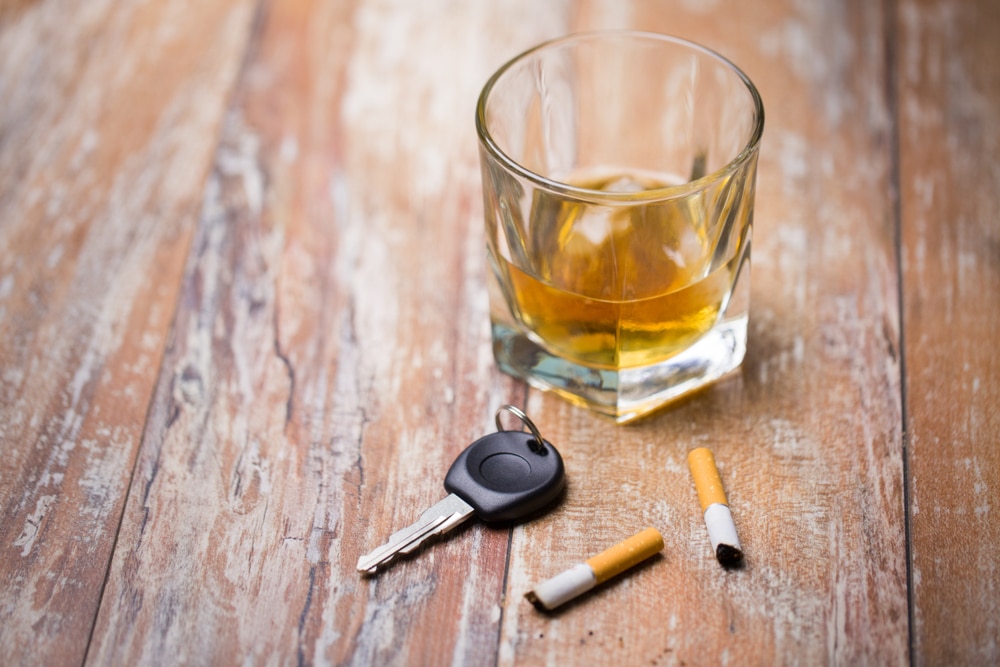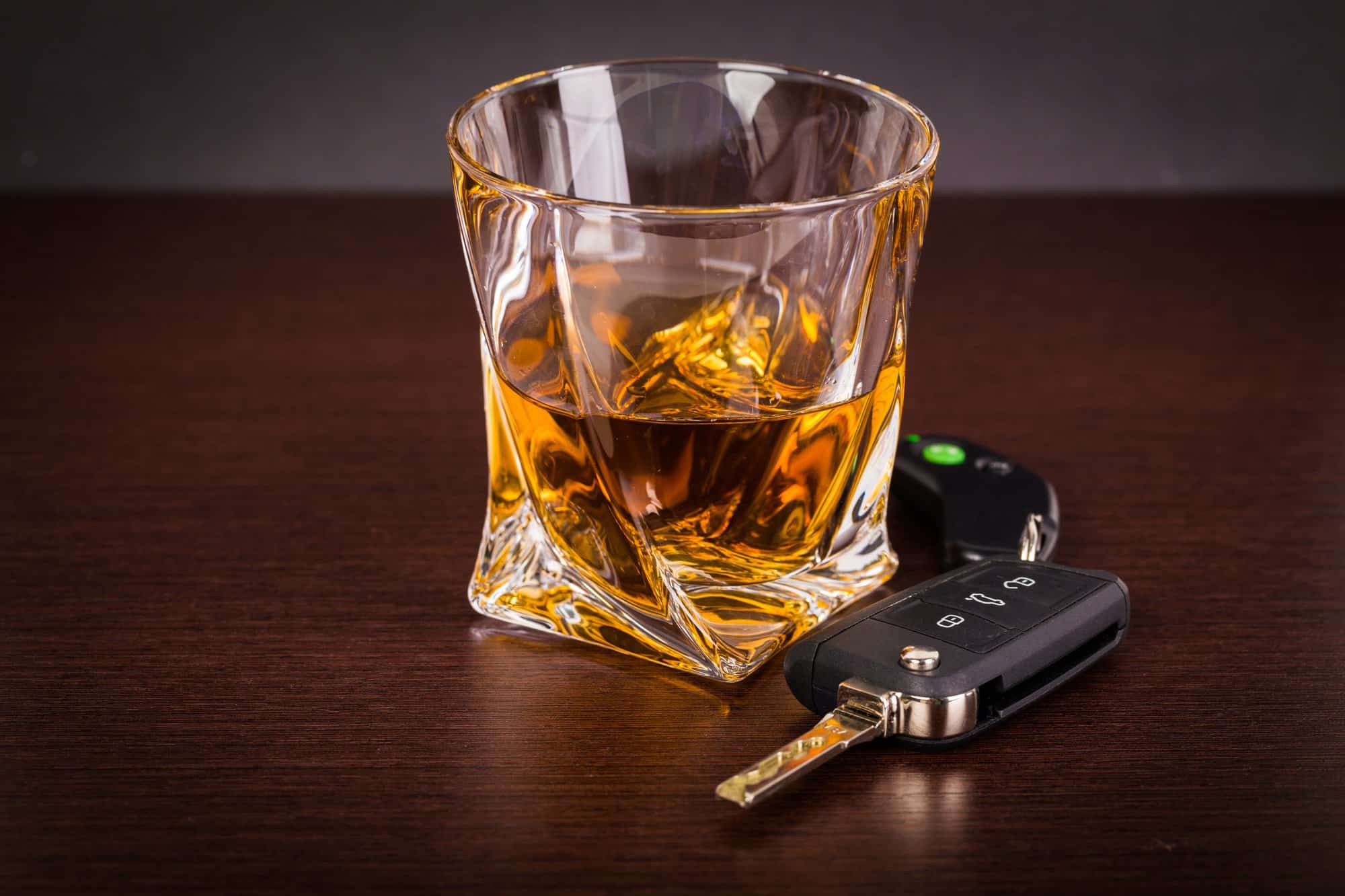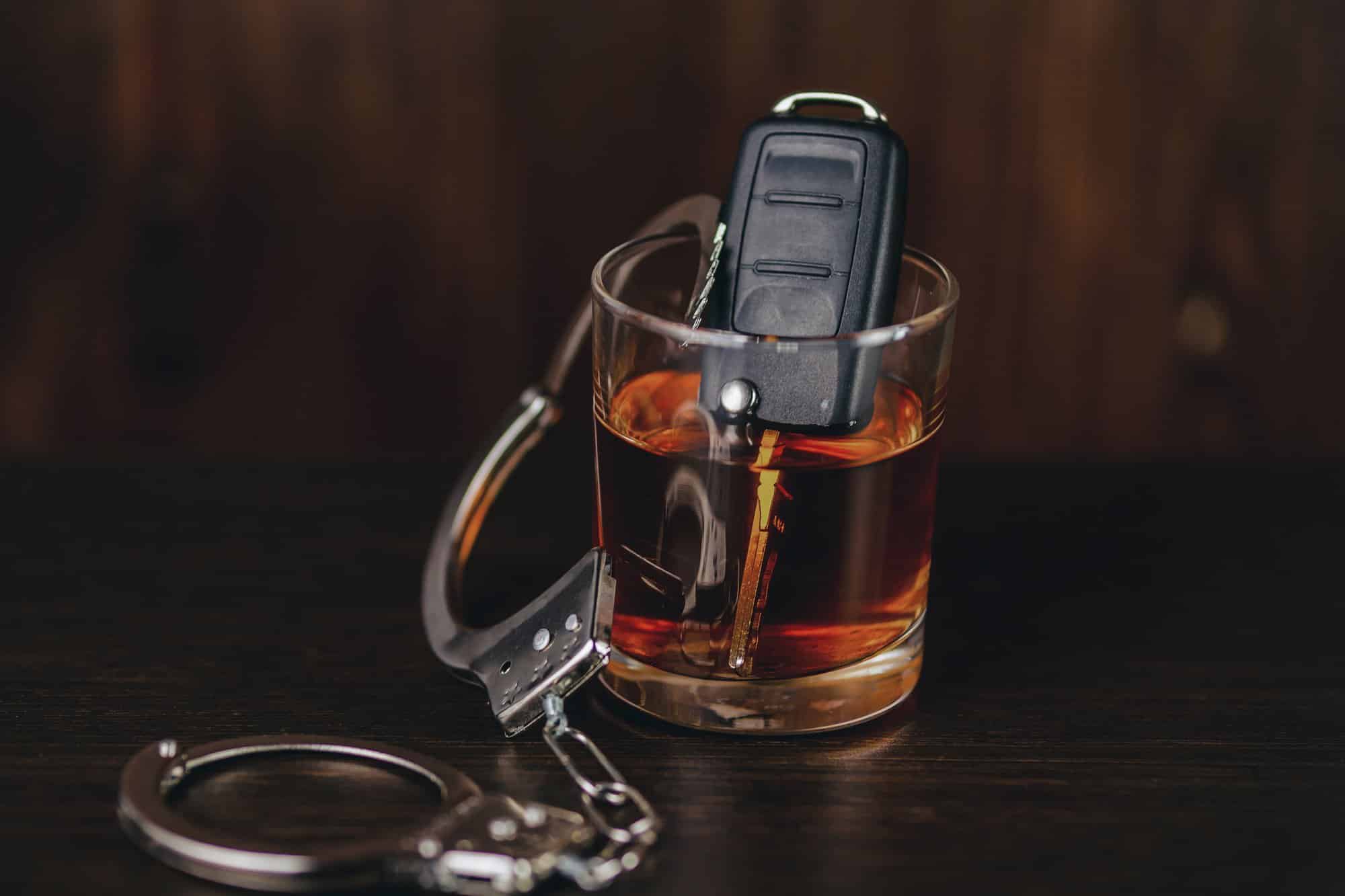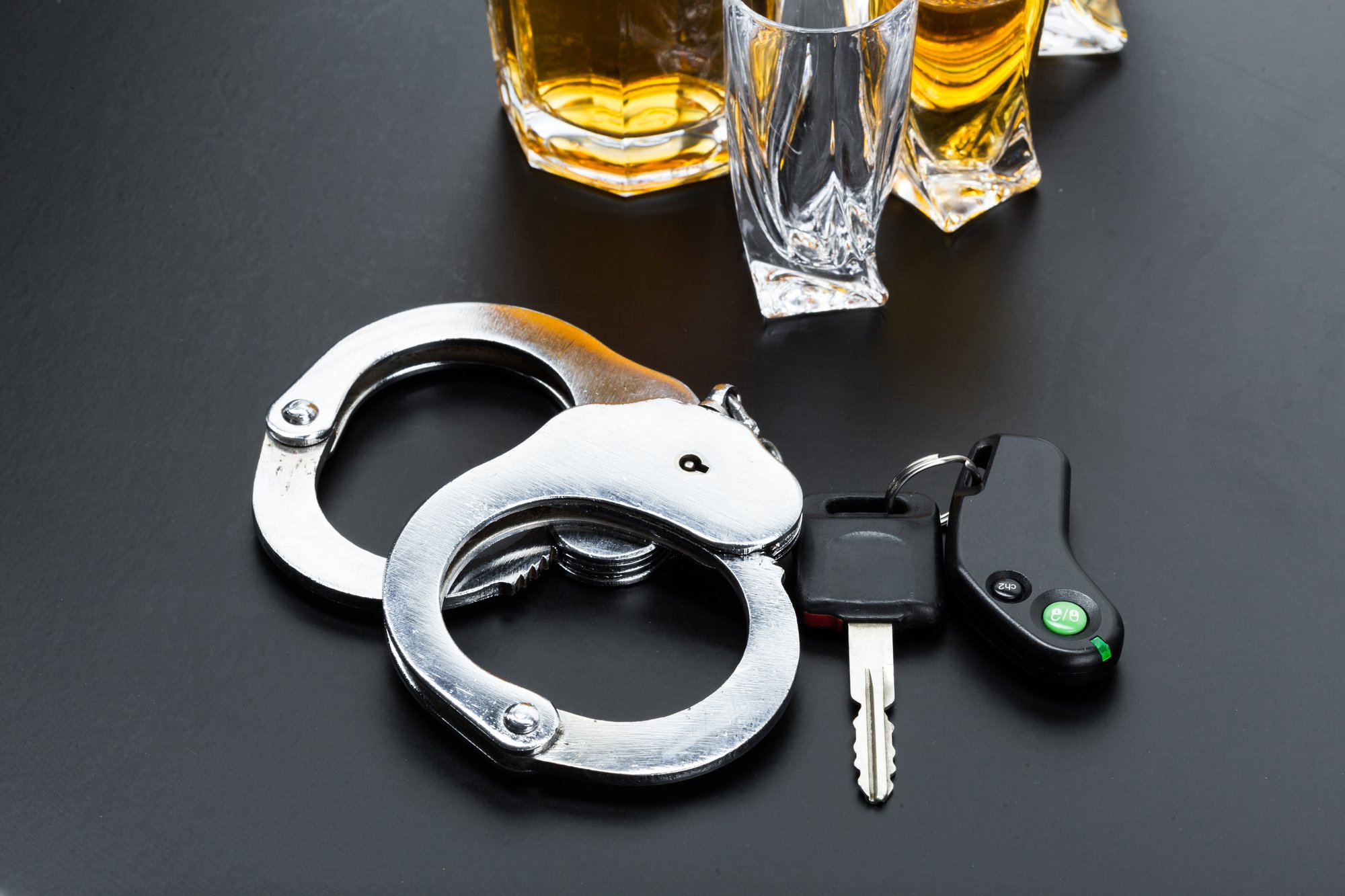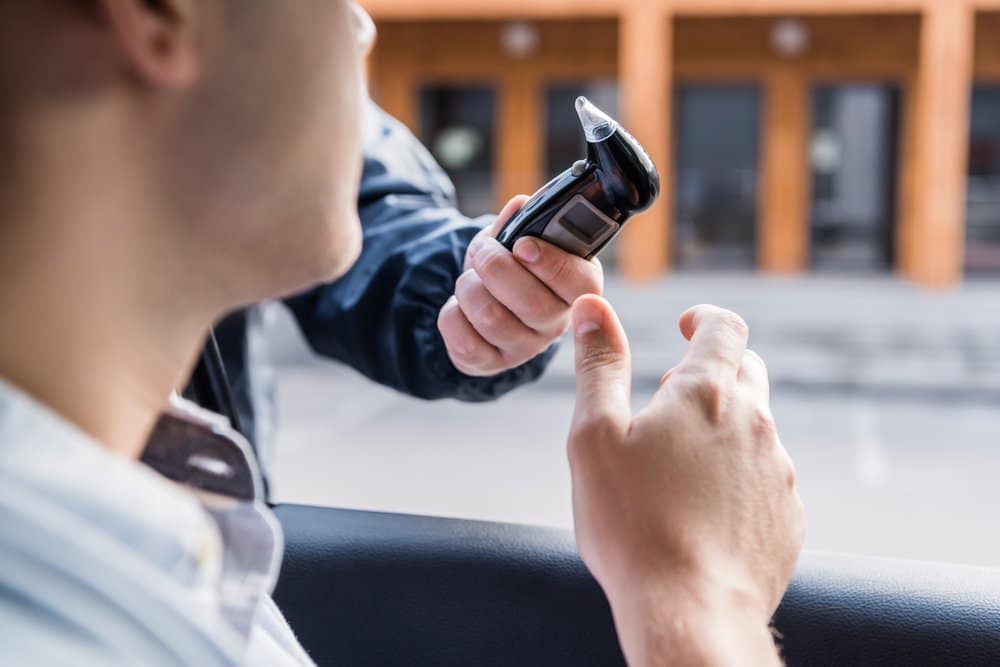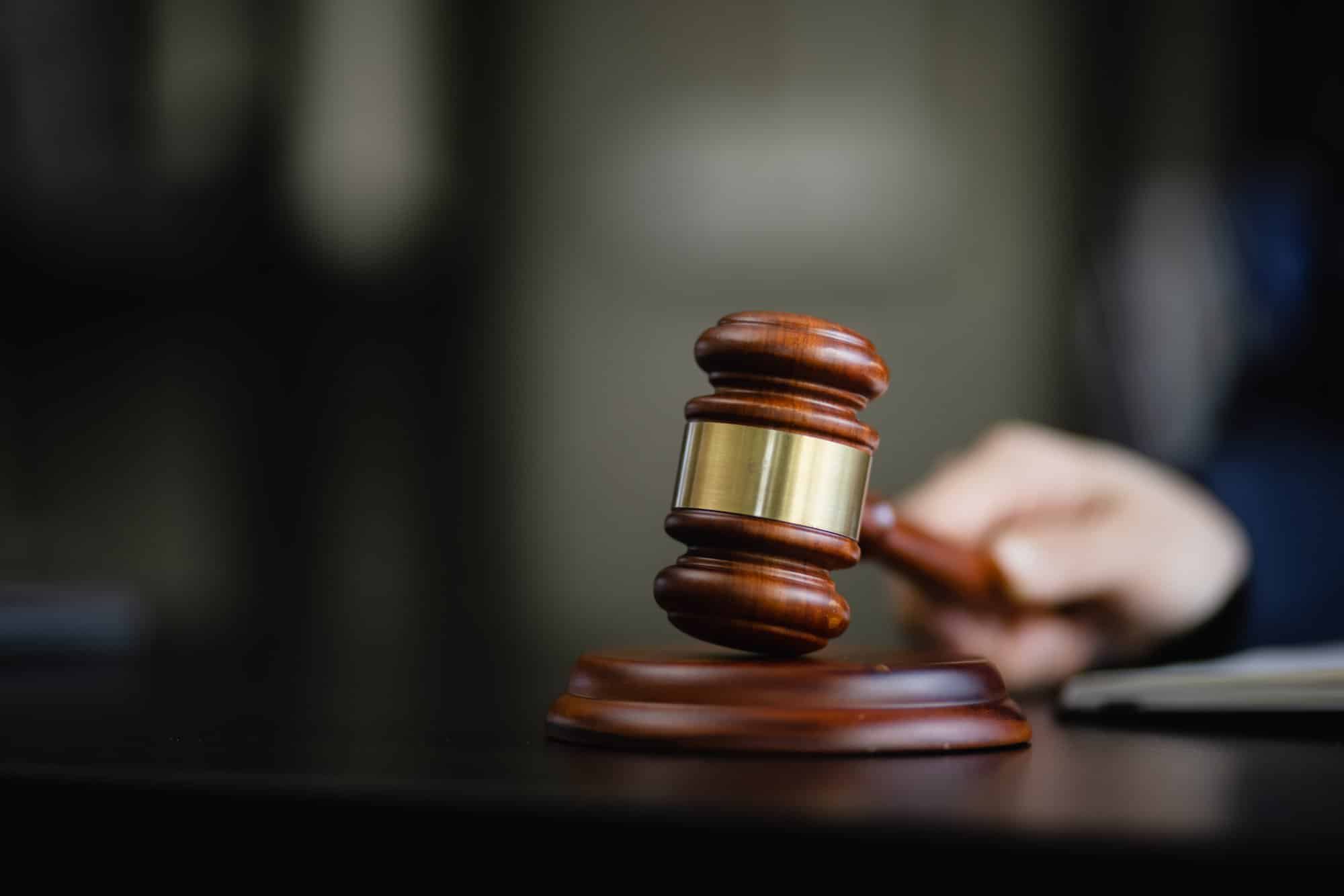Being charged with the offense of driving while intoxicated can be stressful and overwhelming. However, it’s important to understand that the consequences you may face can depend upon the facts and circumstances surrounding the DWI — and the specific offense with which you’ve been charged. Under New York Vehicle and Traffic Law (VTL), there are several types of DWI offenses that each carry their own possible penalties, including monetary fines, jail time, and license revocation.
Driving While Ability Impaired by Alcohol
Driving While Ability Impaired (DWAI) is a VTL violation that a driver may face even if their BAC is below .08%. Unlike a DWI which requires proof of intoxication, a DWAI only requires that the prosecution prove the driver was “impaired” by alcohol. Generally, a BAC of .06% or .07% is considered sufficient to establish impairment. Although a DWAI is a violation — and not a misdemeanor or felony — it can still carry significant penalties, including a $300-$500 fine, a maximum jail sentence of 15 days, and a 90-day driver’s license suspension.
Driving While Intoxicated, Per Se
Under New York VTL § 1192.2, a driver can be convicted of the offense of Driving While Intoxicated, Per Se if the prosecution can establish that they were operating a motor vehicle with a BAC of .08% or more. It is not necessary to prove that the individual was driving erratically — only that they violated the law by having a BAC above the legal limit. A first DWI can result in a monetary fine of up to $1,000, a one-year jail sentence, and license revocation for at least six months.
Aggravated DWI, Per Se
An Aggravated DWI means a driver was operating a motor vehicle with a BAC of at least .18%. This offense is codified under VTL § 1192.2-a and is more serious than a regular DWI. While it is also a misdemeanor, an Aggravated DWI comes with harsher penalties, including a fine between $1,000 and $2,500, one year in jail, and license revocation for at least one year. A second Aggravated DWI within a ten year period can be charged as a felony that carries a four-year jail sentence, three years of probation, a $5,000 fine, and license revocation for 18 months.
Aggravated DWI, with a Child in the Vehicle
Operating a motor vehicle while intoxicated by drugs or alcohol with a child 15 years or younger in the car is a Class E felony under VTL § 1192(2-a)(b). This offense is punishable by up to four years in jail and a $5,000 maximum fine. However, a driver can be charged with a C felony, punishable by 15 years in jail if a child sustains a “serious physical injury” as a result of their conduct.
Driving While Intoxicated (Common Law DWI)
A common law DWI typically involves a driver who refused a chemical BAC test. In such cases, the prosecution must prove intoxication through other evidence, such as field sobriety tests or an officer’s observations — unlike in a per se DWI where the prosecution relies upon a chemical test. Not only can a driver face jail time and fines if they are convicted of a DWI, but refusing a chemical test can result in a civil penalty and license revocation by the DMV under New York’s Implied Consent laws.
Driving While Ability Impaired by Drugs
Driving while under the influence of a controlled substance is a misdemeanor under VTL § 1192(4). To establish a drug DWAI, the prosecution must prove that the drug impaired the driver’s ability to operate a motor vehicle by any degree. Unlike with an alcohol DWAI, there is no per se standard that can be measured by a chemical test. The evidence in the case will usually focus on the observations of law enforcement. A person found guilty of this offense can face a fine up to $1,000, one year in jail, and license revocation for at least six months.
Driving While Ability Impaired by Combined Influence of Drugs and Alcohol
Operating a motor vehicle while under the influence of multiple drugs or both drugs and alcohol is a misdemeanor under VTL § 1192(4-a). Punishment for a first offense can include a fine up to $1,000, a one-year jail sentence, and license revocation for six months. A second offense within ten years can be charged as a Class E felony that comes with a $5,000 fine, a four-year jail term, and license revocation for at least one year. A third conviction within ten years is a Class D felony that comes with a $10,000 fine, a seven-year jail term, and license revocation for one year.
Contact an Experienced New York DWI Attorney
If you have been accused of a DWI or DWAI, it’s essential to have a skillful criminal defense attorney by your side who can fight the charges against you. The attorneys at D’Emilia Law offer experienced representation to those who are facing alcohol or drug-related driving offenses and work to obtain the best possible results in their cases. To schedule a consultation, contact us at 1-888-DEMILIA.

